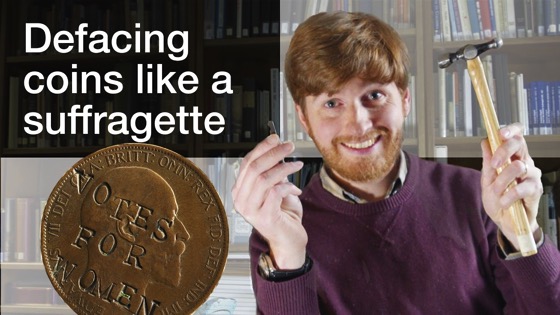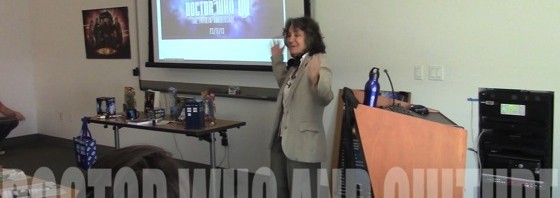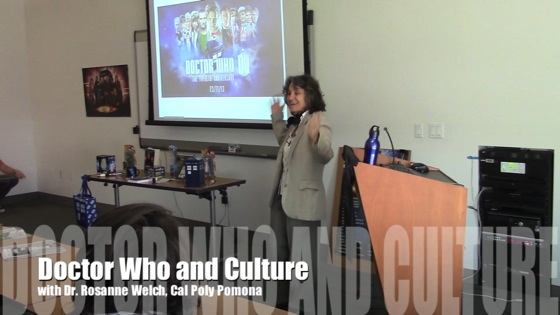Tag: youtube
Rosanne Talks “Why The Monkees Matter” on “Johnny D’s Rock n Roll PhD” Podcast [Video]
Watch the entire video – Johnny D’s Rock n Roll PhD – Author Rosanne Welch “Why The Monkees Matter”
Get the book, Why The Monkees Matter , from Amazon, Bookshop.org, or McFarland
I had a great conversation about Why The Monkees Matter with the two hosts of “Johnny D’s Rock n Roll PhD”. Often, I speak with people who know the music more than the show – or the show more than the music. Here, both hosts had strong knowledge about both, and then we found out he shared the same top 1 songs as our favs.
Watch the video to learn about the many things the TV show taught us about friendship, going against authority and the patriarchy, and living a life full of passion for art above all things commerce – with lots of hidden nods toward the counter culture of the day (like rescuing a giant marijuana plant from misuse by supervillains who would corrupt its powerful fumes for evil). Yeah, they did a whole show about that!
A complete transcript is available here or on the YouTube Page
Podcast: Play in new window | Download
Subscribe: RSS
Rosanne Interviewed About the History of Teen Idols on Cosmoetica #438: On Teen Idols [Video]
Rosanne Interviewed About the History of Teen Idols on Cosmoetica
I enjoyed discussing the phenomenon and possible importance of Teen Idols across the generations with Dan Schneider for his Cosmoetica YouTube channel. Of course, he found me thanks to my book on The Monkees ( whose subtitle is “Teenagers, Television, and American Pop Culture”) and I was happy to report on the research I had done for the book about the rise of the term “teen ager” (post WWII when high school became mandatory), those who came before the Monkees (from Sinatra to James Dean to Bobby Sherman), and those who’ve come after (from the Jackson Five to Leonardo DiCaprio to Miley Cyrus).
I shared the panel with Fred Velez who has written about Monkees fandom and together we all delved into what participating in such fandom offers the audience, how streaming and the internet have changed such fandom, and who will be the most remembered teen idols of the century.
Puchase for Kindle
500+!!!! Also, send your Questions and see complete clips and presentations on my YouTube Channel
@drrosannewelch 500+!!!! Also, send your ##Questions and see complete ##clips and ##presentations on my ##YouTube ##screenwriting ##doctorwho ##history
Read more about screenwriting with these books
* A portion of each sale from Amazon.com directly supports our blogs
** Many of these books may be available from your local library. Check it out!
† Available from the LA Public Library
Podcast: Play in new window | Download
Subscribe: RSS
Dr. Rosanne Welch Hosts “Act Two: Transitioning to TV Writing from Previous Careers” for the WGA Foundation [Video]
During every workshop intensive for the Stephens College MFA in TV and Screenwriting I have the privilege of creating and moderating a panel of female screenwriters discussing various topics.
Our most recent panel focused on “Transitioning to Television” and included panelists who came to television from previous careers. This allowed me to talk to women who came to TV whose first careers included being a doctor, lobbyist, college professor and, of especially pride for our MFA program, a former Senior Physical Security Analyst for federal agencies, U.S. Army Reserve veteran.
All of them are now writing on major television shows and their advice and honesty was greatly appreciated. — Rosanne
For this session, we teamed up with Stephens College MFA in TV and Screenwriting for a discussion on transitioning to TV writing from other careers. Learn how our panel of TV writers and producers made the jump to television, how their previous experiences inform their writing, and how that lens impacts their approach in the writers room.
Panelists are Zoanne Clack, M.D., MPH (Executive Producer, Grey’s Anatomy), Rashaan Dozier-Escalante (Staff Writer, SEAL Team), Akilah Green (Co-producer, Black Monday), and Calaya Michelle Stallworth, Ph.D (Executive Story Editor, Fear of the Walking Dead).
Moderated by Dr. Rosanne Welch, Director of Stephens College MFA in TV and Screenwriting.
Filmed on January 13, 2021.
Podcast: Play in new window | Download
Subscribe: RSS
22 The 2000’s and The Monkees from “Why The Monkees Matter: Even 50 Years Later [Video] (36 seconds)
Enjoy This Clip? Watch this entire presentation and Buy Why The Monkees Matter: Teenagers, Television and American Pop Culture
From Denver Pop Culture Con 2019.
Wherever you go, you find Monkees fans and the Denver Popular Culture Con was no different. Amid rooms full of caped crusaders and cosplay creations, I was initially not sure how many folks would attend a talk on a TV show from the 1960s – but happily I was met by a nice, engaged audience for my talk on Why the Monkees Matter – and afterward they bought books! What more could an author ask for?
Subscribe to Rosanne’s Channel and receive notice of each new video!
Transcript
In our current era The Monkees have suddenly come around in all our popular culture. So many TV shows have referenced them because the people making television now are the people who were little when they were watching the show. Whether it be the sixties and seventies. So they’ve been riffed on — they had music played on Breaking Bad. They’ve been riffed on in Mad Men. There was a marvelous moment in Grace and Frankie where they were discussing dumb things they did when they were younger and Frankie says that she had sex with one of The Monkees. She just can’t remember which one. Turns out to be Micky. So that just came out of nowhere, right?So I think that’s pretty cool.
Buy Why The Monkees Matter: Teenagers, Television and American Pop Culture
A hit television show about a fictitious rock band, The Monkees (1966-1968) earned two Emmys–Outstanding Comedy Series and Outstanding Directorial Acheivement in Comedy.
Capitalizing on the show’s success, the actual band formed by the actors, at their peak, sold more albums than The Beatles and The Rolling Stones combined, and set the stage for other musical TV characters from The Partridge Family to Hannah Montana. In the late 1980s, the Monkees began a series of reunion tours that continued into their 50th anniversary.
This book tells the story of The Monkees and how the show changed television, introducing a new generation to the fourth-wall-breaking slapstick created by Laurel and Hardy and the Marx Brothers.
Its creators contributed to the innovative film and television of 1970s with projects like Bob & Carol & Ted & Alice, The Mary Tyler Moore Show, Laugh-In and Welcome Back, Kotter. Immense profits from the show, its music and its merchandising funded the producers’ move into films such as Head, Easy Riderand Five Easy Pieces.
McFarland (Direct from Publisher) | Amazon | Kindle Edition | Nook Edition
Want to use “Why The Monkees Matter” in your classroom?
Order Examination Copies, Library and Campus Bookstore orders directly from McFarland
Podcast: Play in new window | Download
Subscribe: RSS
26 Dorothy Parker and A Star Is Born from “When Women Wrote Hollywood” with Dr. Rosanne Welch [Video] (55 seconds)
Part of the California State University, Fullerton Faculty Noon Time Talks at the Pollak Library.
Watch this entire presentation
Subscribe to Rosanne’s Channel and receive notice of each new video!
Transcript:
Dorothy and her husband Alan Campbell wrote A Star Is Born which if you know obviously the story is about a marriage where the woman is far more famous than the man. His career is going while hers is rising. That’s Dorothy Parker and her husband’s story. That’s exactly the emotion she was experiencing. She just put it on an actor and actress. It became such a classic it was remade in the 50s with Julia my brain just went dead. Thank you. Judy Garland. I was saying Julianne and that was wrong. Judy Garland. Thank you and it was written this was adapted by Moss Hart who’s a famous name from Broadway. He wrote it himself however he credited several scenes from the original movie he’d just cut and pasted them out of the first script and put them in his and admitted that when he was doing it. So whenever he got notes from the studio that they wanted to change something he would say “No no no. That’s how Parker had it the first time. It’s good enough. We’re not fixing it.” So essentially it’s Moss Hart and Dorothy Parker together right?
Dr. Rosanne Welch discusses the women in her new book “When Women Wrote Hollywood” which covers female screenwriters from the Silents through the early 1940s when women wrote over 50% of films and Frances Marion was the highest paid screenwriter (male or female) and the first to win 2 Oscars. Yet, she fails to appear in film history books, which continue to regurgitate the myth that male directors did it all – even though it’s been proven that the only profitable movies Cecil B. de Mille ever directed were all written by Jeannie Macpherson film ever won for Best Picture was written by Robert E. Sherwood (who people have heard of, mostly due to his connection to Dorothy Parker) and Joan Harrison.
Buy a signed copy of when Women Wrote Hollywood
Paperback Edition | Kindle Edition | Google Play Edition
* A portion of each sale from Amazon.com directly supports our blogs
** Many of these books may be available from your local library. Check it out!
† Available from the LA Public Library
Podcast: Play in new window | Download
Subscribe: RSS
On YouTube: Defacing coins like a suffragette | Curator’s Corner Season 2 Episode 4
Watch YouTube: Defacing coins like a suffragette | Curator’s Corner Season 2 Episode 4
I liked this video and think you might find it interesting, too!
Video: Doctor Who and Culture with Dr. Rosanne Welch at Cal Poly Pomona University Library
Dr. Rosanne Welch, Cal Poly Pomona Faculty from the Department of Interdisciplinary General Education discusses Doctor Who and how the show has changed television writing. Doctor Welch will further discuss how society looks at culture and gender roles with the use of the Doctor and his companions’ adventures.
“Natalie Lopez at the CalPoly University Library invited me to do a presentation for National Libraries Week on Doctor Who and Culture so that’s why a group of Whovians from both CalPoly and CSUF gathered in the Special Events room on April 16th. It was wonderful to look out over a sea of t-shirts and other Doctor paraphernalia present among the crowd as I pontificated about what makes Who great – mostly giving me a chance to present a case for the fact that writers make Doctor Who and therefore writers make culture.”
Tons of Doctor Who products on Amazon.com
Subscribe to Dr. Welch’s YouTube Channel
A few scenes from the video in animated GIF form
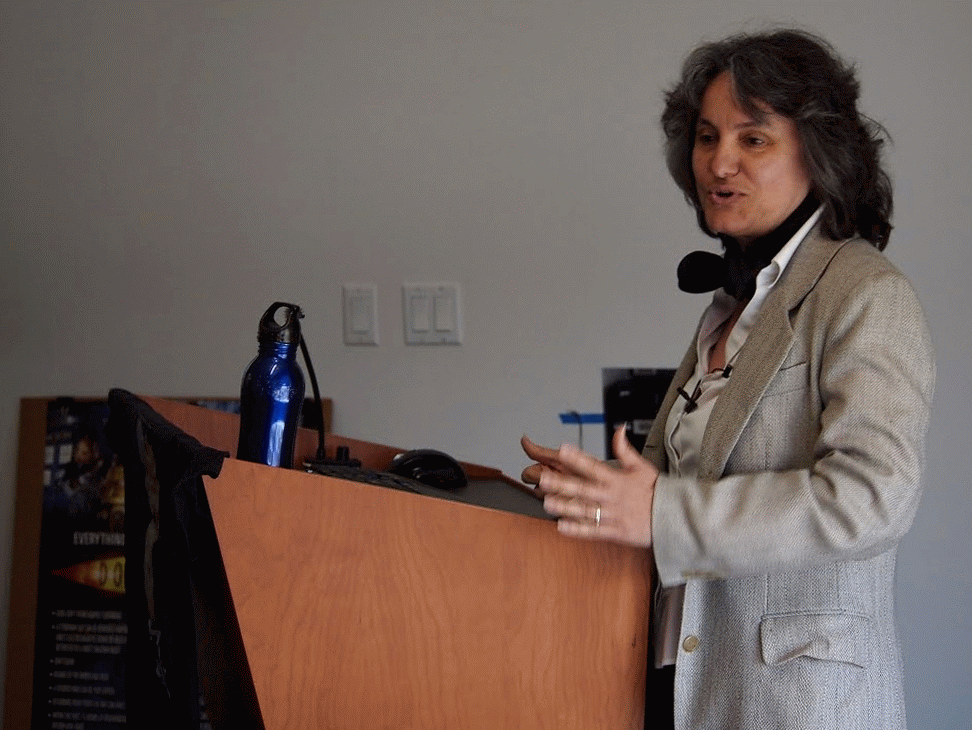
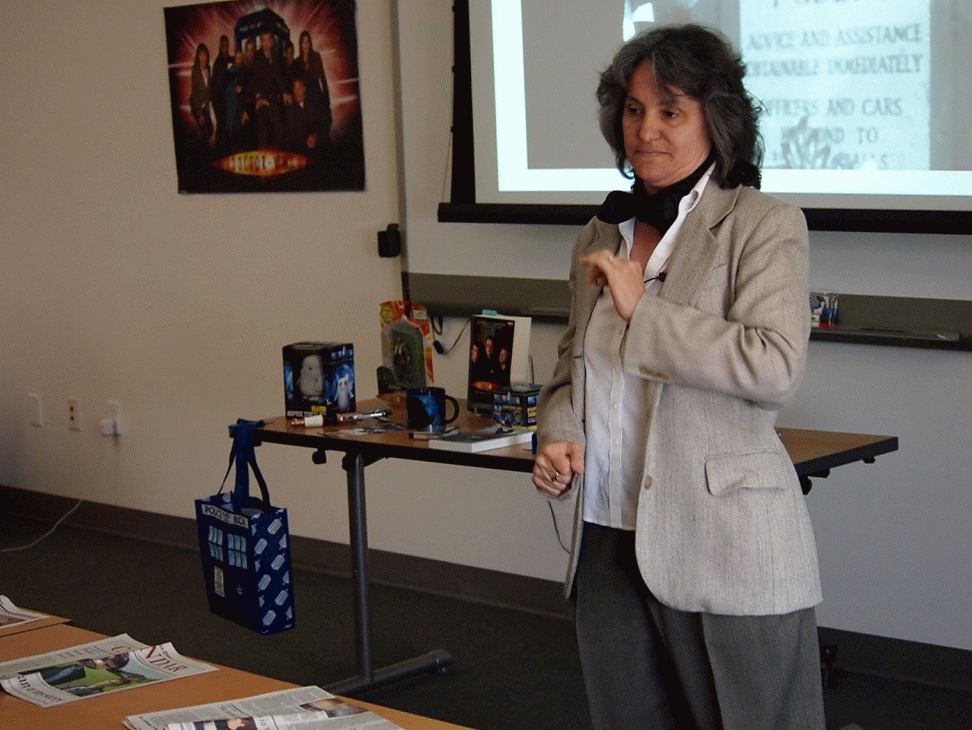
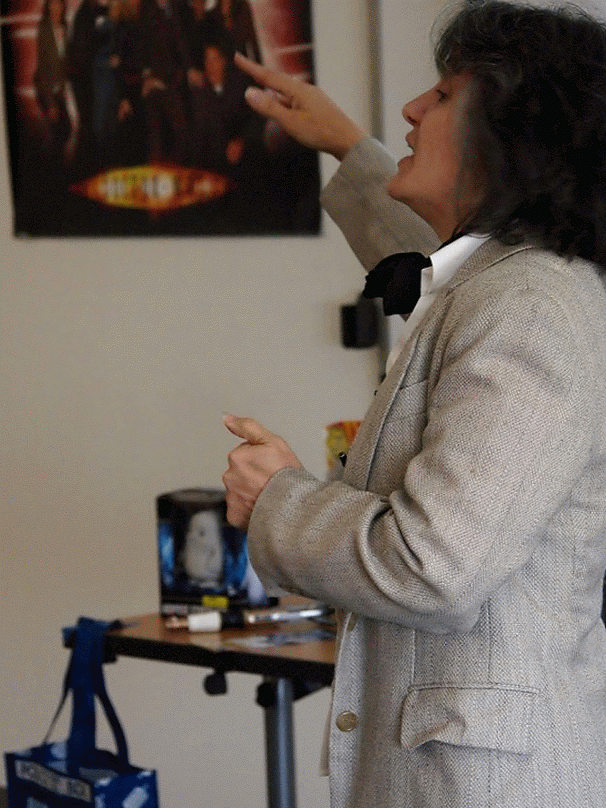

![WGA Panel on “Writing Bold and Complex Young Women” Now Streaming [Video]](https://rosannewelch.com/wp-content/uploads/2025/10/wgaf-young-woman-1-1200x675.jpg)
![WGA Panel on "Writing Bold and Complex Young Women" Now Streaming [Video]](https://rosannewelch.com/wp-content/uploads/2025/10/559668332_18399924133185912_2476280326578765353_n.jpg)
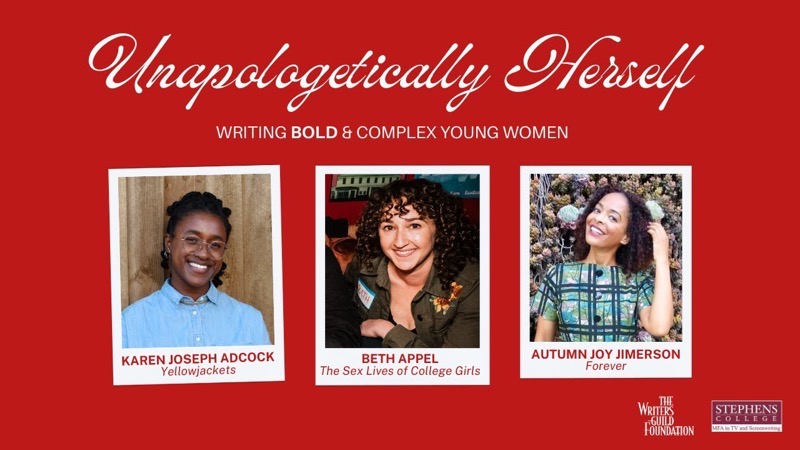
![Rosanne Talks “Why The Monkees Matter” on “Johnny D’s Rock n Roll PhD” Podcast [Video]](https://rosannewelch.com/wp-content/uploads/2025/06/monkees-thumbnail-1-1200x675.jpg)
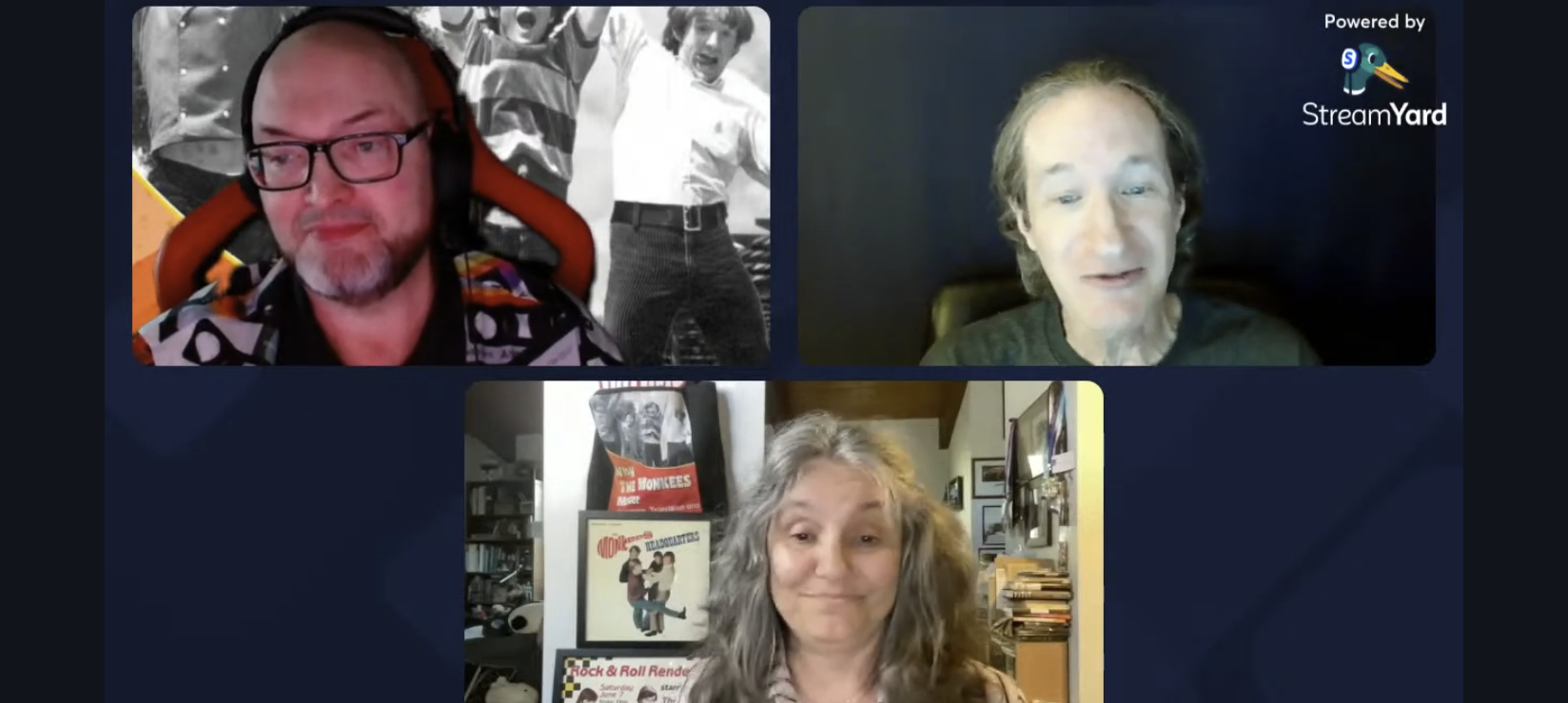
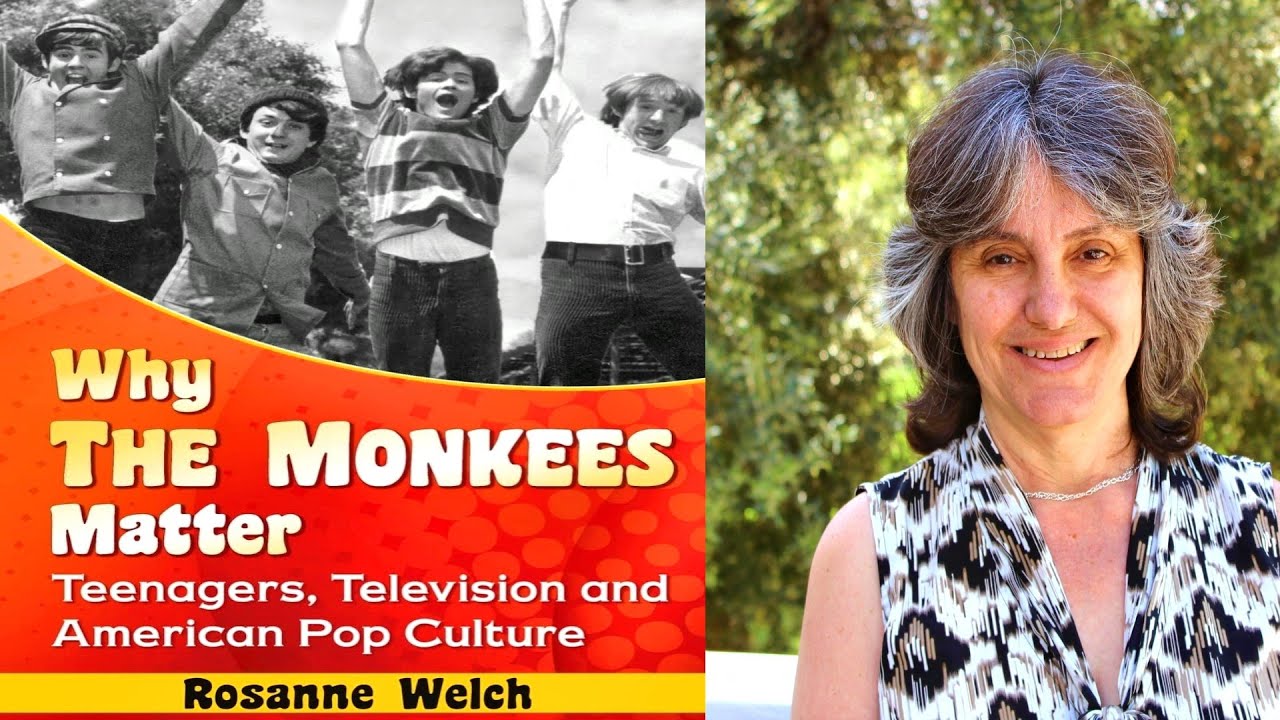
![Rosanne Interviewed About the History of Teen Idols on Cosmoetica #438: On Teen Idols [Video]](https://rosannewelch.com/wp-content/uploads/2025/02/cosmetica-1-1200x675.jpg)
![Rosanne Interviewed About the History of Teen Idols on Cosmoetica #438: On Teen Idols [Video]](https://rosannewelch.com/wp-content/uploads/2025/02/cosmetica.jpg)

![Dr. Rosanne Welch Hosts “Act Two: Transitioning to TV Writing from Previous Careers” for the WGA Foundation [Video]](https://rosannewelch.com/wp-content/uploads/2021/01/wga-2021-transitioning.jpg)
![22 The 2000’s and The Monkees from “Why The Monkees Matter: Even 50 Years Later [Video] (36 seconds)](https://rosannewelch.com/wp-content/uploads/2020/01/monkees-popcon-2019-22.jpeg)


![26 Dorothy Parker and A Star Is Born from “When Women Wrote Hollywood” with Dr. Rosanne Welch [Video] (55 seconds)](https://rosannewelch.com/wp-content/uploads/2019/11/csuf-rmw-w3h-26.jpeg)
